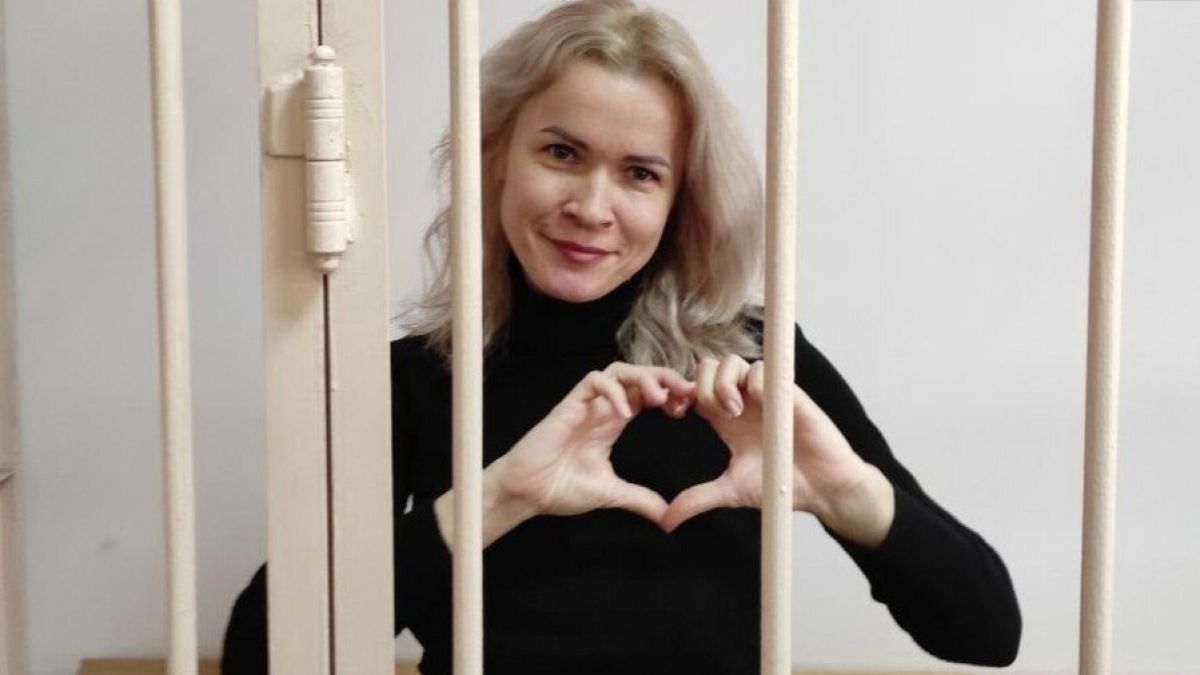Maria Ponomarenko, a Russian anti-war journalist, has recently started a hunger strike in protest against what she alleges are faked prison complaints against her by authorities. Ponomarenko was sentenced to a six-year jail term for allegedly spreading false information about Russia’s invasion of Ukraine in 2022. This invasion has been a sensitive issue for the Kremlin, which often downplays details of the conflict. Journalists like Ponomarenko who report on the situation truthfully face harsh consequences.
The journalist was sent to prison after sharing information about a Russian air strike on a theatre used as a shelter in Mariupol, Ukraine, resulting in a high death toll. She claims that the complaints filed against her to justify her transfer to an isolation cell were falsified. Ponomarenko asserts that she was not even aware of these complaints and that signatures were forged to accuse her of physical abuse. In a statement released by her employer, RusNews, she expressed her outrage at the situation, stating that she would not eat until the prosecutor in her case agrees to attend her next hearing.
Ponomarenko’s current plight highlights the challenges that journalists face in Russia when reporting on sensitive political issues. The fact that she has resorted to a hunger strike to protest her treatment by prison authorities underscores the severity of the situation. The journalist’s case also sheds light on the restrictions faced by media outlets in Russia, where reporting on topics that contradict the Kremlin’s narrative can lead to imprisonment and other repercussions.
RusNews, the journalist’s employer, has shown support for Ponomarenko by publicizing her situation and advocating for fair treatment. The outlet reported her claims of falsified complaints and forged signatures, painting a picture of a distressed journalist who is fighting for justice. The decision to go on a hunger strike reflects Ponomarenko’s determination to seek accountability and fairness in the face of alleged wrongdoing by prison authorities.
As the conflict in Ukraine continues to unfold, journalists like Ponomarenko play a crucial role in ensuring that the truth is shared with the world. However, their efforts are often met with resistance and censorship by the Russian government. Ponomarenko’s hunger strike serves as a powerful statement against the suppression of free speech and the mistreatment of journalists who dare to speak out against the establishment.
In conclusion, Maria Ponomarenko’s hunger strike is a stark reminder of the challenges faced by journalists in Russia who dare to report on sensitive political issues. Her bravery and determination to seek justice in the face of alleged mistreatment highlight the importance of press freedom and the protection of journalists’ rights. As Ponomarenko continues her protest, it is essential for the international community to stand in solidarity with her and condemn any actions that seek to suppress the truth.










